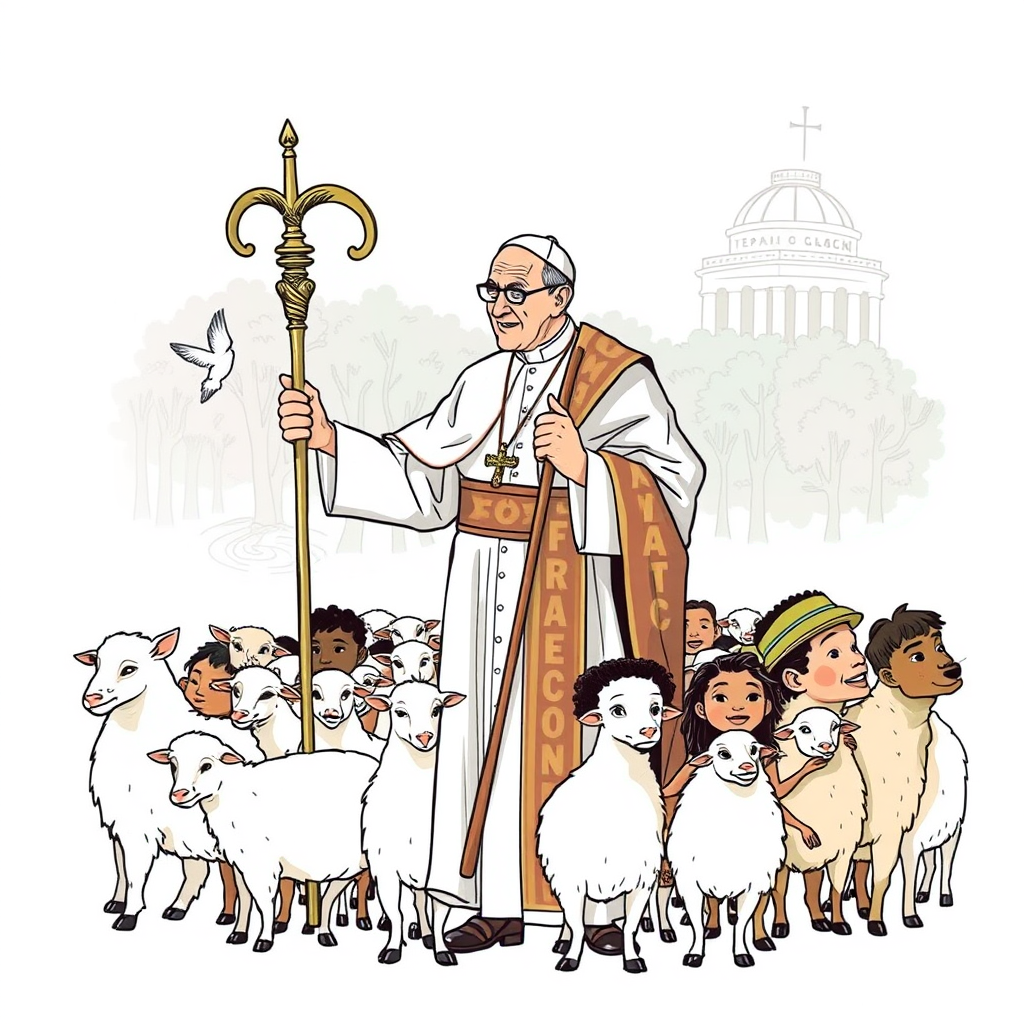Pope Francis: How Latin America Changed the Church

Pope Francis, who passed away on Easter Monday, leaves behind a complex and transformative legacy, one deeply rooted in his Latin American origins. While his papacy didn’t reverse the decline of Catholicism in a region representing roughly half the world’s Catholic population – a key hope upon his 2013 election – his impact on the Church globally is undeniable. He wasn’t simply a Pope from Latin America; he fundamentally reshaped Catholicism in the image of the region, pushing it in a more progressive direction at a time of global far-right resurgence.
A central tenet of Francis’s papacy was the introduction and embrace of Liberation Theology, a progressive philosophy born from the 1968 Medellin Conference of Bishops. This theology, blending Marxist critiques of capitalism with traditional Catholic concern for the poor and marginalized, wasn’t new to Latin American Catholic thought, but Francis brought it to the forefront. Though initially hesitant to fully align with the movement – remaining largely silent during the politically fraught “Dirty War” in Argentina, and favoring a less radical “Theology of the People” – he ultimately embraced its leaders and principles. His first major pronouncement, Evangelii Gaudium, powerfully denounced poverty and inequality, echoing Liberation Theology’s core tenets and drawing criticism from conservatives, particularly in the United States.
Francis’s commitment to social justice extended to environmental concerns. Laudato Si, his encyclical on climate change, marked a radical shift in Vatican stance, acknowledging human activity as a primary driver of climate change and highlighting the disproportionate impact on the world’s poorest communities – a reality acutely felt in Latin America. The 2019 Vatican synod on the Amazon underscored this commitment, bringing together bishops, Indigenous leaders, and activists to address the region’s environmental crisis.
Perhaps most surprisingly, Francis oversaw a significant shift in the Vatican’s approach to LGBTQ rights. While his record isn’t without contradictions – reports of past use of homophobic slurs persist – he consistently sought common ground, famously asking, “Who am I to judge?” when questioned about homosexuals. His papacy saw support for same-sex civil unions, allowance of priests to bless same-sex couples, and acceptance of transgender individuals within the Church. This evolution stemmed, ironically, from his staunch opposition to gay marriage in Argentina, where he mobilized Catholics against its legalization. The framing of the debate, emphasizing the humanity and dignity of same-sex couples, profoundly impacted him, leading to a more conciliatory approach.
It’s important to acknowledge that Francis’s legacy is not without nuance. He didn’t “save” Catholicism in Latin America, and his actions often sparked controversy. However, his willingness to challenge traditional norms, prioritize social justice, and embrace a more inclusive vision of the Church has undeniably left an indelible mark. Whether his successor will continue this trajectory remains to be seen, but Pope Francis has set a high bar, and his papacy will be remembered as a pivotal moment in modern Catholic history. He wasn’t just a Pope who came from Latin America; he was a Pope who brought Latin America to the Church, and in doing so, transformed it.